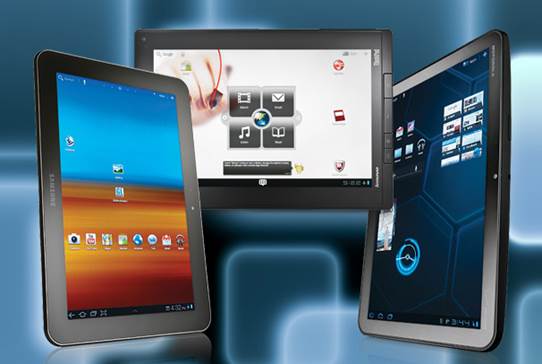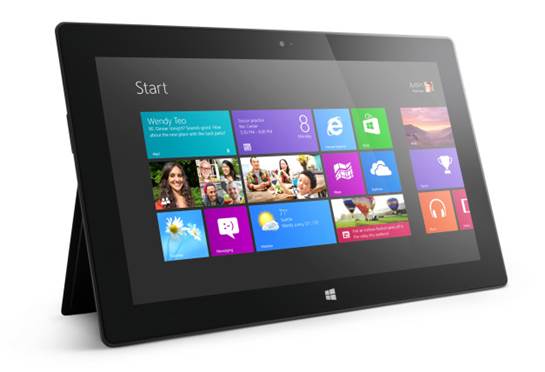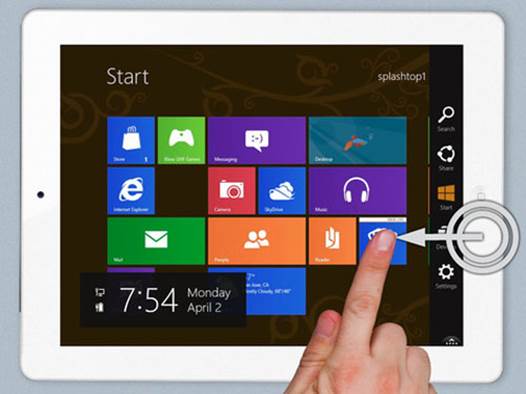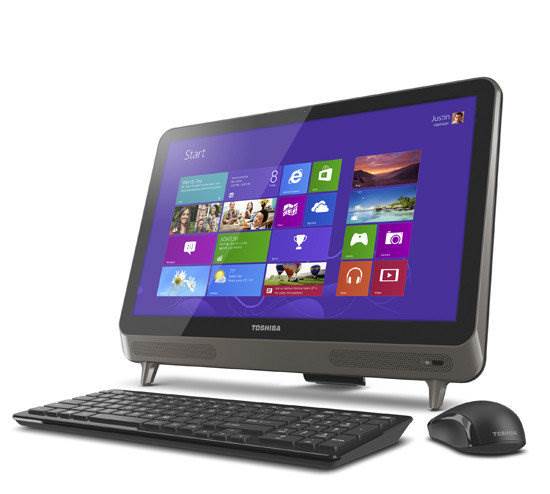Buying A Tablet For Work
How well any of this works for you is very
dependent on what tablet you have or are getting, because some apps will only
work on specific operating system releases and at higher performance levels.
The first critical consideration is the
display, because typing documents on a tiny panel with low resolution isn't
going to be fun or easy. The Apple iPad (four generation) has a 2048x1 536
pixel display which can present documents beautifully, and it's easy on the
eyes for data entry. For Android customers, the Nexus 10 has an even higher
resolution and plenty of CPU power to drive it.

How
well any of this works for you is very dependent on what tablet you have or are
getting
Lower-resolution tablets can be used,
especially those with a 1 0" display, but in general these tend to be less
powerful, and therefore slower than their more modern counterpart
Another aspect worth considering is how
much on-board storage is enough? In theory, if you're entirely cloud based, you
can get away with having 4GB or even less internal storage on the tablet. But
that does assume you can always get an internet connection and don't need to
carry critical documents with you.
I'd suggest that 8GB is the minimum you
should consider, and 16GB is ideal. Larger tablets are nice, but unless you
intend to carry lots of images, music or video with you, then 32GB or 64GB
probably isn't needed. Many Android tablets, but not all, have the ability to
use a micro-SD card, allowing you to add another 32GB easily, and with multiple
cards you can have practically unlimited space. You can get a 32GB micro-SD for
less than $32, and that's much better value than the difference between a 16GB
model and 32GB one, for twice the extra capacity.
Apple iPad owners can't add storage this
way, so they need to make sure that they have enough on board from the outset.
What About Surface?
I've exclusively talked about Apple and
Android devices so far, and I've not mentioned those made by Microsoft. That's
mostly because the only Surface tablet that's here currently is the original
Surface RT, which is based on ARM CPU technology and is not able to run x86
Windows software. The fully PC compatible Surface Pro will be here soon, but
it's not in the UK yet.

Surface
RT
There's no real reason why you can't use a
Surface RT for office work, and it does have a version of Microsoft Office
built into it. Specifically, Microsoft Office Home and Student 2013 RT Preview,
for what that's worth. That does make the rather high price of this device seem
a little more approachable, but it's not a cheap option, the cheapest Surface
RT model being $723, and that's without a keyboard.
There are two problems for using either the
Surface RT or Surface Pro, or any of the clones that other makers are in the
process of launching. The first is that the Microsoft App store doesn't yet
contain anywhere near the same range of tools that Apple or Android has handy.
On the Surface Pro that's not an issue, because you can use standard Windows
apps, but on the Surface RT it's a big problem.
It's also worth knowing that Surface
machines don't have any of the network security functionality that full Windows
7 or 8 laptops need to be managed by a proper Microsoft Server Domain
environment, and your IT department might exclude you from the office network
because of that.
The jury is still out on the value of the
Surface product line and how they'll fit into the tablet ecosystem, but they're
not without possibilities.

Splashtop
HD
Final Thoughts
What's truly fascinating is that I'm even
discussing this, because ten years ago it was the PC or the high road for
office work, in a practical sense. Since then, the exclusivity of that deal has
been irreparably broken, as we've moved inexorably towards a cloud-based future
and the stand-alone era of computing is coming to a close.
When most desktop computers are used for
activities that are mostly beneath them, and for which they're outrageously
overpowered, the rise of the tablet computer and its associated lower power
consumption model now seems inevitable.
It doesn't matter which camp you're in, iOS
or Android, or even what technology is at the heart of the device, the future
is quite obviously service based, so it isn't welded to any particular chip technology
or brand.

Most
desktop computers are used for activities that are mostly beneath them
That's a very worrying development for both
Intel and Microsoft, but it's one that needed to transpire if we were ever to
see the sort of creative thinking that once pervaded this industry 30 years ago
and was banished with the rise of the PC.
The idea that Surface might grab the
initiative back seems implausible, even if we've no solid idea how these
devices are performing in the market. They might grab a niche, but looking at
the tablet market, the domination of Apple is now rapidly being overtaken by
much more affordable and often more powerful Android devices.
If you want to use a tablet for office
tasks, it's entirely possible if you're willing to adapt your thinking
somewhat. The idea isn't to turn a tablet into a PC, but instead streamline the
tasks so they're achievable in this new environment.
If you accepted that 90% of the things you
do on a PC are possible on a tablet, then you only need to adjust that last 10%
to deliver a workable solution.
As tablet systems become more powerful and
better connected, it will become easier to make this transition, with far fewer
hurdles to overcome.